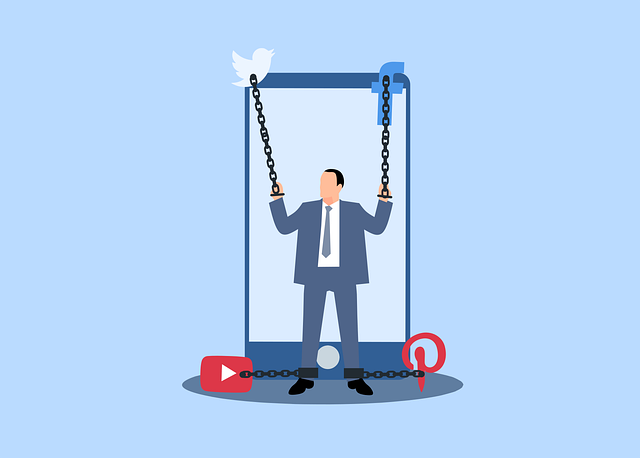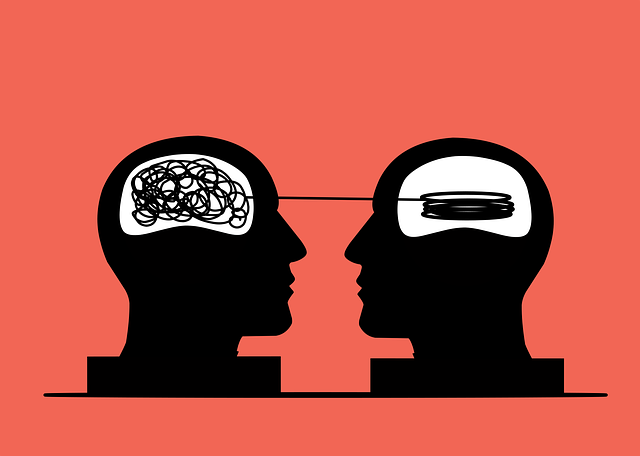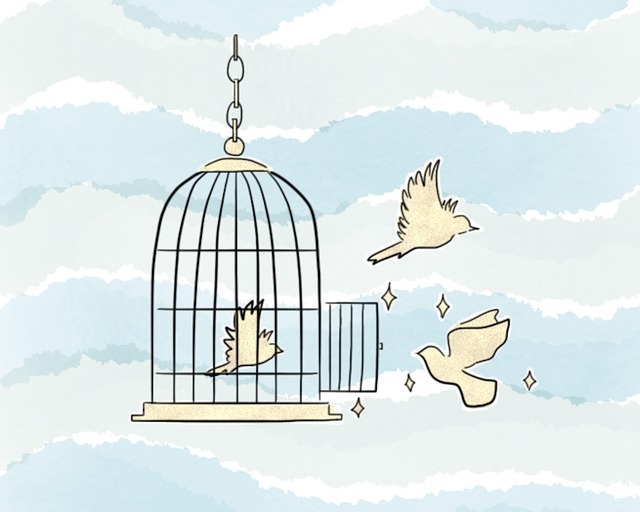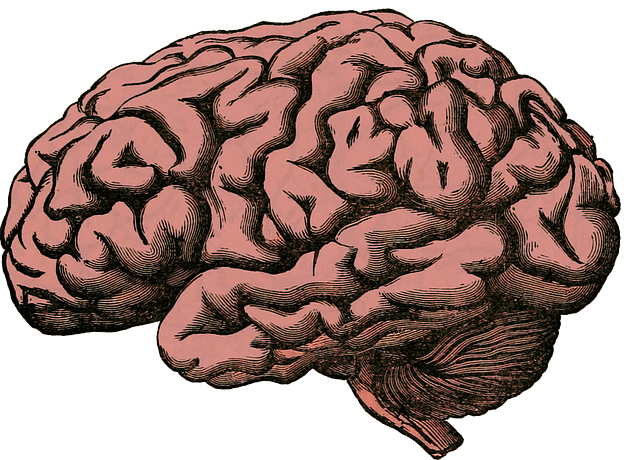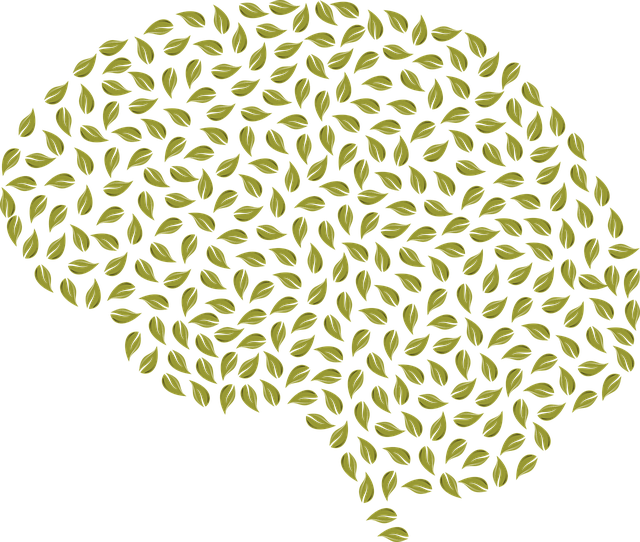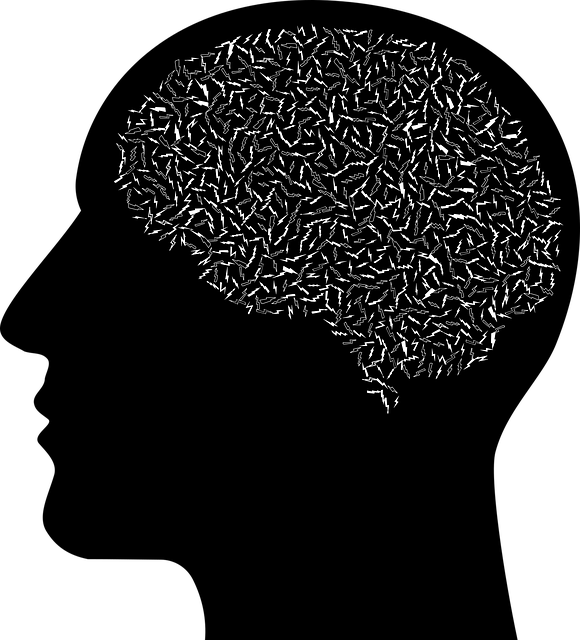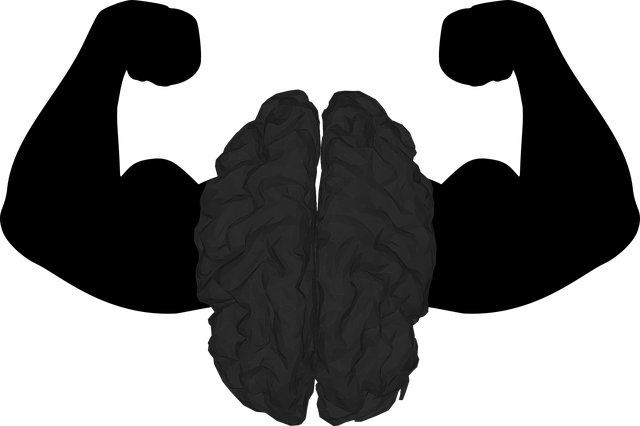Understanding your mental wellness needs is crucial for developing a personalized self-care routine. By identifying triggers and assessing regulatory skills, you can incorporate tailored techniques like meditation and deep breathing. Aurora Phobias Therapy offers targeted support for managing specific fears, enhancing emotional balance, and improving coping mechanisms. This proactive approach to mental wellness includes self-reflection, journaling, conflict resolution, and creative outlets. Seeking guidance from healthcare professionals equips you with tools to navigate challenges, build resilience, and foster emotional intelligence. Incorporating Aurora Phobias Therapy into your routine can significantly improve mental wellness by addressing unique fears related to auroras.
Developing a mental wellness self-care routine is essential for navigating life’s challenges. This article guides you through creating a personalized approach, from understanding your unique mental health needs to incorporating effective coping strategies. We explore how identifying triggers and stressors can empower you to take control. Learn about the benefits of Aurora Phobias Therapy in fostering resilience and enhancing overall well-being. By implementing these steps, you’ll be equipped to thrive and maintain a balanced mind.
- Understanding Your Mental Wellness Needs
- Identifying Triggers and Stressors
- Crafting a Personalized Self-Care Routine
- Incorporating Effective Coping Strategies
- The Role of Aurora Phobias Therapy in Self-Care
Understanding Your Mental Wellness Needs

Understanding your mental wellness needs is a crucial step in developing an effective self-care routine. Just as Aurora Phobias Therapy tailors strategies to address specific fears, your self-care should be personalized to support your unique mental health journey. Reflect on your emotional regulation skills; are there areas where you struggle or excel? Identifying these patterns can guide your focus. For instance, if managing stress triggers is a challenge, incorporating relaxation techniques like meditation or deep breathing exercises could be beneficial.
Mental health awareness involves recognizing your emotional needs and understanding the impact of various stressors on your well-being. Building resilience isn’t about ignoring difficulties but learning to navigate them. By acknowledging these aspects, you can create a self-care routine that fosters emotional balance, enhances coping mechanisms, and promotes overall mental wellness.
Identifying Triggers and Stressors

Identifying triggers is a crucial step in developing an effective self-care routine and overall mental wellness strategy. Our daily lives are filled with various stressors, from work pressures to interpersonal conflicts or even environmental factors like noise pollution. Recognizing what sets off your stress response is essential for managing it proactively. For instance, someone with social anxiety might find that crowded places or public speaking engagements trigger significant anxiety. Similarly, a person struggling with specific phobias, such as an aurora-related phobia, would need to be aware of any situations or stimuli related to their fear.
Through self-reflection and keeping a journal, individuals can identify patterns in their emotional responses. This awareness allows them to create buffer zones and implement crisis intervention guidance techniques when facing triggers. Learning conflict resolution techniques can also help manage stressors, especially in interpersonal relationships where disagreements or miscommunications may arise. Additionally, exploring tools like meditation or mindfulness exercises—topics often featured in popular mental wellness podcast series production—can equip individuals with the skills to stay calm and centered during challenging times.
Crafting a Personalized Self-Care Routine

Crafting a personalized self-care routine is an empowering step towards enhancing mental wellness. It involves understanding your unique needs and incorporating practices that nurture your mind, body, and soul. This journey is deeply individualistic; what works for one person might differ significantly for another. For instance, someone might find solace in daily meditation, while another may prefer creative outlets like journaling or painting as their primary stress relief mechanism.
Developing a routine requires introspection and a willingness to experiment. Start by identifying triggers and stressors in your life and then create counteractions to mitigate them. Consider incorporating activities that promote relaxation, such as deep breathing exercises or yoga. Additionally, seeking guidance from a healthcare provider, especially one with expertise in Aurora Phobias Therapy, can offer tailored insights and Crisis Intervention Guidance. Enhancing Mental Health Awareness through self-care is a proactive approach to managing your well-being.
Incorporating Effective Coping Strategies

Incorporating effective coping strategies is a vital component of establishing a robust mental wellness self-care routine. Aurora Phobias Therapy offers innovative approaches to help individuals manage and overcome specific fears and anxieties, fostering resilience building within. Through specialized techniques tailored to each person’s unique needs, therapy sessions empower clients with the tools necessary to navigate challenging emotions and triggers successfully.
Additionally, empathy building strategies play a significant role in enhancing one’s ability to cope. By practicing active listening and cultivating a deeper understanding of one’s feelings, individuals can develop stronger emotional intelligence, which is key to managing stress and maintaining mental wellness. The implementation of community outreach program initiatives further reinforces these coping mechanisms by creating supportive networks where people can share experiences, offer encouragement, and access resources, ultimately enriching overall resilience.
The Role of Aurora Phobias Therapy in Self-Care

Incorporating Aurora Phobias Therapy into your self-care routine can significantly enhance mental wellness. This specialized therapy focuses on addressing and managing specific fears related to the aurora borealis, offering a unique approach to stress management. By exploring the connection between these natural light displays and personal emotions, individuals can gain insights into their psychological state and develop effective coping mechanisms. Through exposure therapy, cognitive restructuring, and mindfulness techniques, Aurora Phobias Therapy equips people with tools to combat anxiety and fear associated with auroras, promoting a sense of calm and resilience.
For healthcare providers, who often face high-stress levels, integrating this therapy into their self-care regimen can be a game-changer. Burnout prevention strategies should include activities that foster mental relaxation and emotional well-being, making Aurora Phobias Therapy a valuable addition to their wellness toolkit. Public awareness campaigns development around auroras and their psychological impact could further normalize the discussion on mental health, encouraging more individuals to explore self-care practices like this innovative therapy.
Developing a robust mental wellness self-care routine involves understanding your unique needs, identifying triggers, and incorporating personalized strategies. By integrating effective coping mechanisms like Aurora Phobias Therapy, individuals can effectively manage stress and promote overall well-being. This holistic approach allows for a more balanced and fulfilling life, emphasizing the importance of prioritizing mental health alongside physical and emotional aspects.


